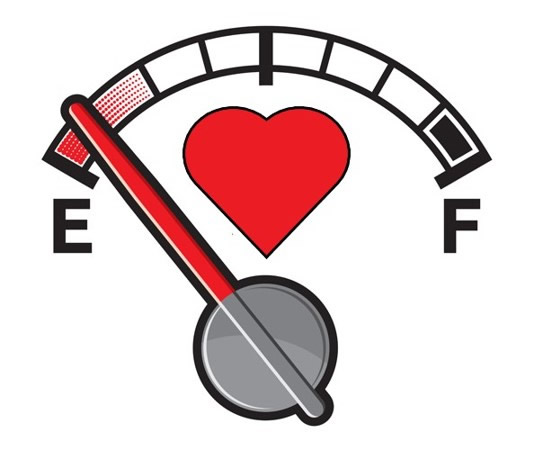Compassion Fatigue
March 06, 2023
Did you know that March is Social Work Month?
The essential work provided by the Huron Perth Healthcare Alliance’s (HPHA) qualified, compassionate and committed social workers benefits our patients and their families and caregivers. Each March we celebrate the important contributions of these health care professionals! Happy Social Work Month!
Jenna, Masters of Social Work student, is currently training on our inpatient units at our Stratford General Hospital site. To honour Social Work Month she shares insights into compassion fatigue to help support the health, mental health and well-being of our team!

What is compassion fatigue?
Health Care professionals care about their patients and their wellbeing inherently, but what happens when the caring becomes harmful to our wellbeing? Compassion fatigue is a consequence of repeated exposure to challenging situations that result in emotional and physical exhaustion leading to a reduced ability to empathize or feel compassion. It is common and an understandable reaction to the work that we do, however, it can have negative impacts on our life.
Compassion fatigue can look differently for you than it does others, but understanding how you typically respond is important so that you can utilize coping skills. Some people experiencing compassion fatigue may feel increased irritation, sadness, numbness or hopelessness when working with or hearing of patient/family suffering. You may notice these feelings influence your life outside of work, increasing conflict in or isolation from personal relationships. You may have a feeling of being less productive at work, of not being able to help or of feeling like there is too much to do during your day. Additionally, if you are experiencing compassion fatigue you may find that you are not enjoying your job as much as you typically do.
Coping Skills
The good news is, the more you understand about how compassion fatigue affects you; the easier it will be for you to prevent it from escalating into a larger issue.
Coping skills are strategies that you can use to help get you back on track. Different coping skills work for different people, so it is important to try multiple strategies and see what works best for you. Having coping skills to use in a variety of different settings will also be helpful in finding balance.
- Breathing exercises, for example, are a simple and quick strategy that you can try out during your workday.
- You can also use self-talk to try to process your negative thoughts and put them into perspective, and remind yourself of your strengths and resources that will assist you in your work.
- Debriefing with a colleague or supervisor can be a helpful tool for processing a situation, accepting what is out of your control, and identifying a resource for support. Many times an outside perspective is helpful to shed light on the challenging areas.
Beyond these coping skills that we can employ at work, there are also strategies we can use in our every day life which will improve our capacity to handle the work day.
- Creating a good routine with a balanced diet, exercise, sleep, and positive socialization will help with the work-life balance and the overwhelming feelings.
- Setting boundaries and communicating them effectively can also be important and helpful.
Your work is important and valued and you care about the people you work with. This comes with its risks but also many rewards. Compassion fatigue happens because of your ability to relate to, connect with, and feel for people around you. This can be a helpful and productive skill but it can also become overwhelming. Remind yourself and others about the risks of compassion fatigue as well as the coping skills that you can use to carry on doing the excellent work that you do!